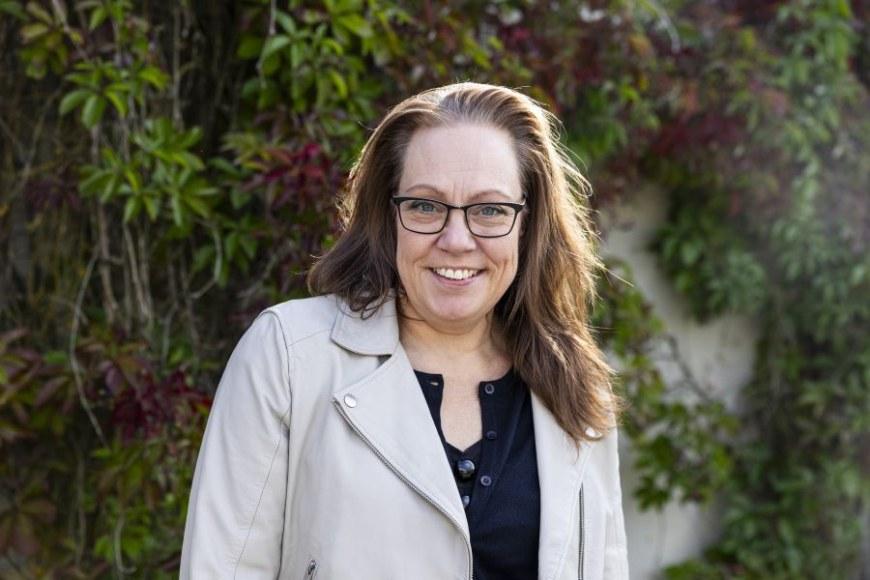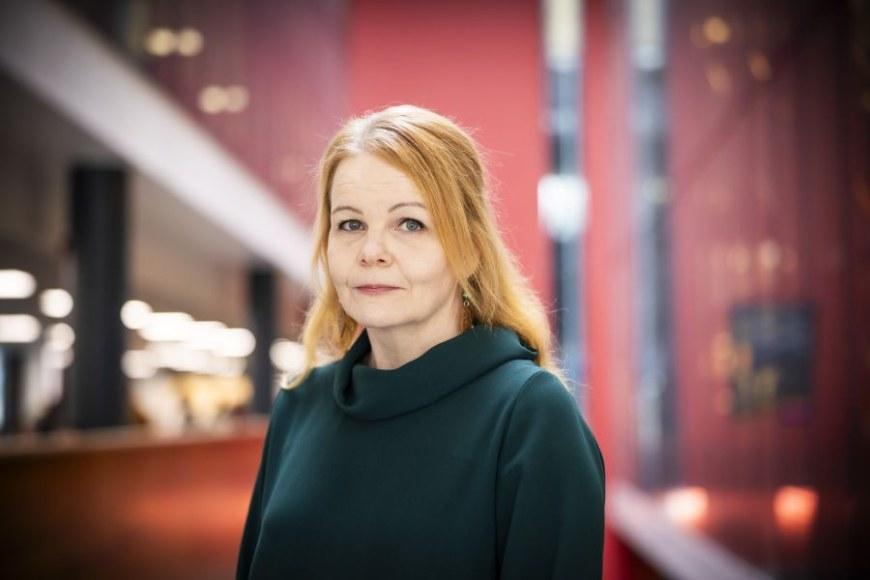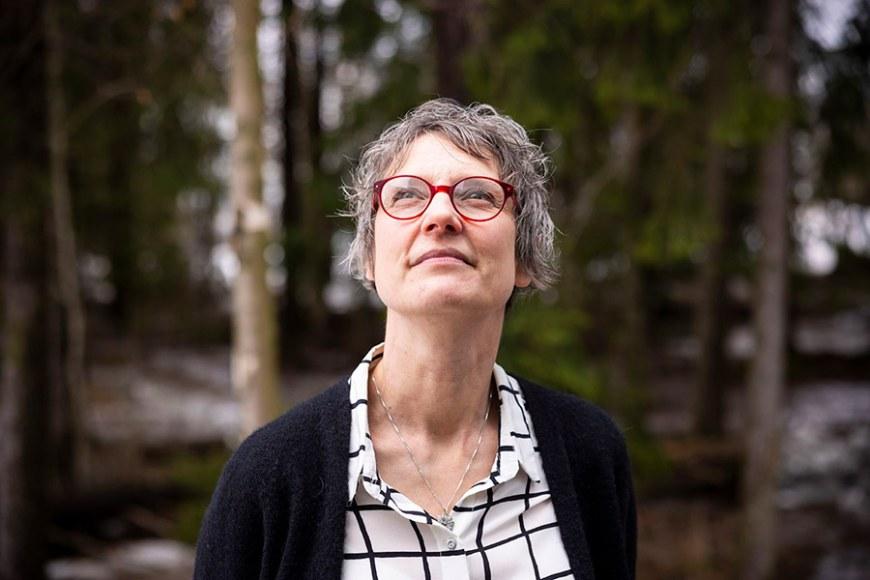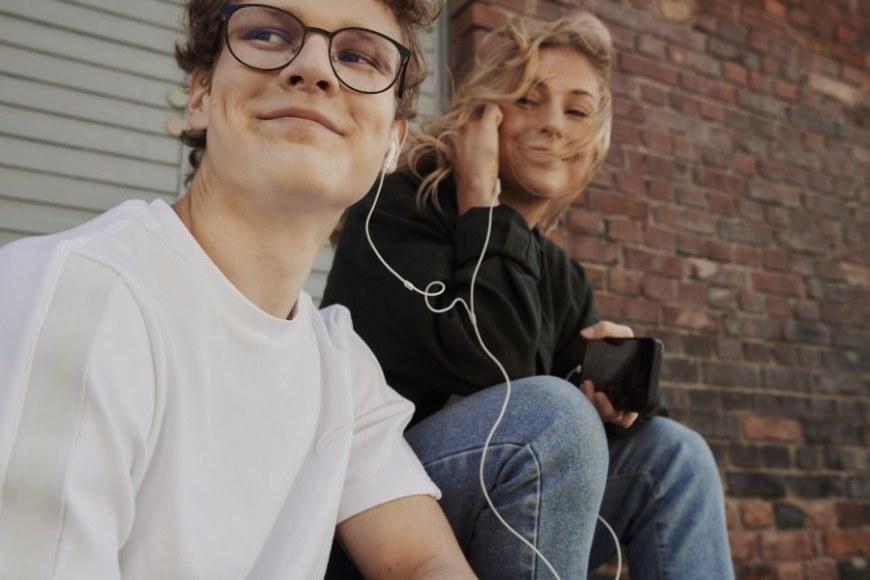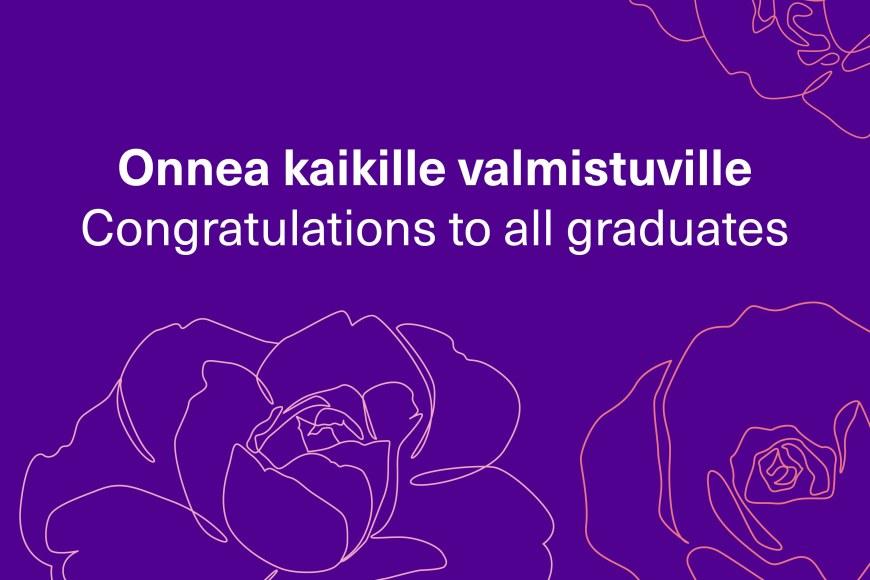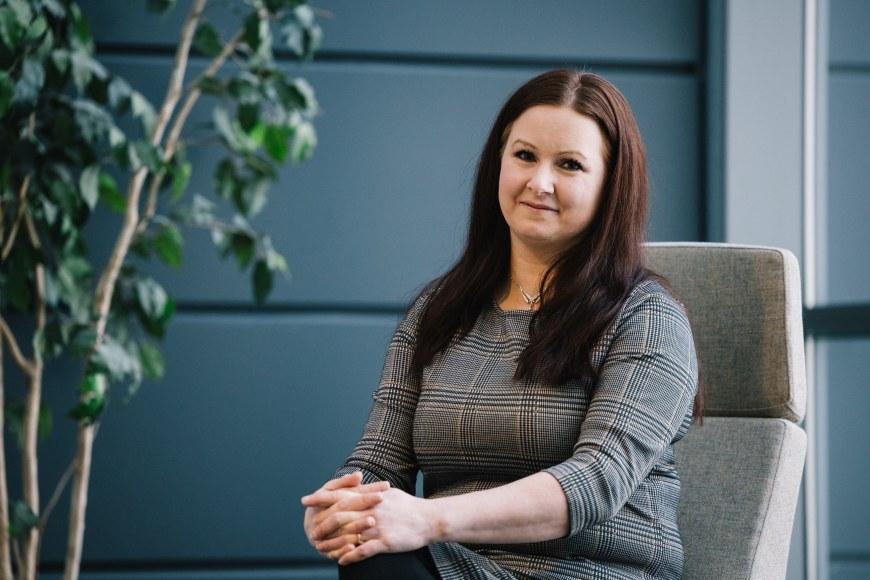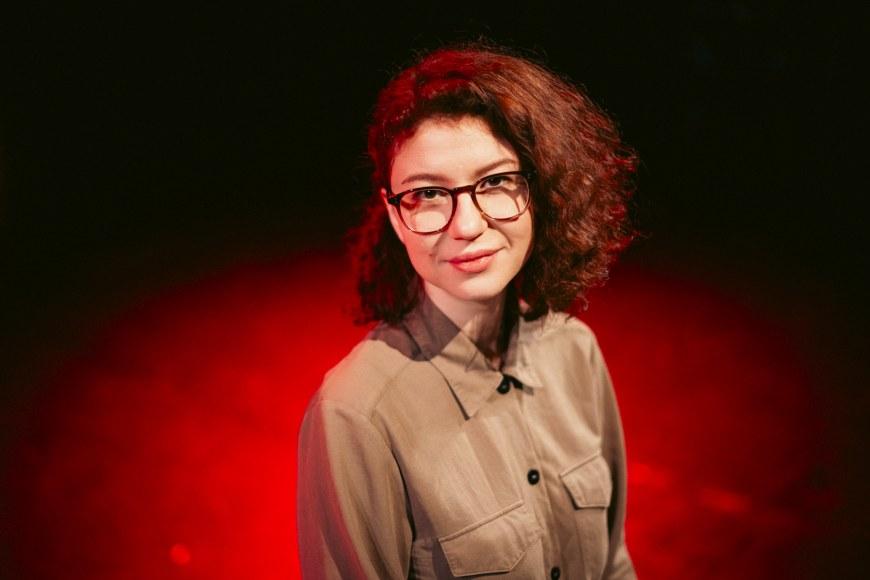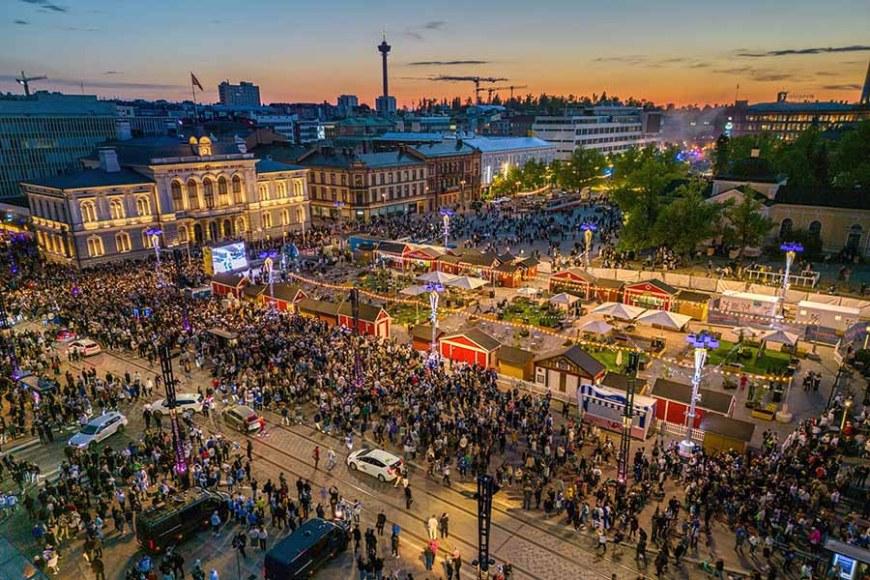Professor Mervi Kaukko helps schools prepare for the enrolment of refugee children
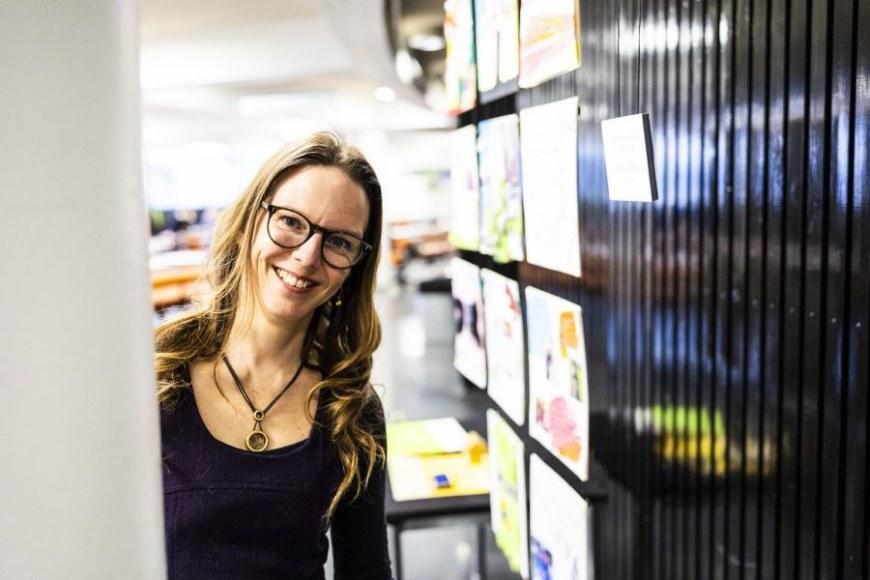
Professor Mervi Kaukko is currently busy with five externally funded research projects that explore the experiences of children and young people from refugee backgrounds in schools and the broader society. One of her ongoing projects is KOTI – From Emergency Responses to Sustainable Refugee Education, which is funded by Kone Foundation and examines how schools could better support their refugee and asylum-seeking learners. Another is Drawing Together, which is funded by NordForsk and will soon be completed.
“The Drawing Together project combined art and research to investigate how unaccompanied asylum-seeking minors who arrive in their new home country without parents or carers rebuild their lives in their new environment,” Kaukko says.
When Kaukko works with refugee children, she encourages them to tell their own stories in their own way and lets them decide which experiences to share and how. She uses research approaches that combine arts-based methods and participatory action research.
“As a language barrier may prevent us researchers from conducting interviews or surveys among refugee students, we have used, for example, videos and visual art to support verbal communication. When we analyse our data, we have a responsibility to ensure that the students’ intended meaning is understood and preserved,” Kaukko says.
The global events in the past few years have made the importance of this research painfully clear.
“Since the start of Russia’s war of aggression against Ukraine, more than 50,000 Ukrainian refugees, mostly mothers with school-aged children, have arrived in Finland. The previous surge in the number of asylum seekers was seen in Finland in 2015 when the conflicts in Iraq, Syria, Libya and Afghanistan forced people to flee to safety. As conflicts like this are not isolated incidents, our schools need to be prepared to work with larger numbers of refugee and asylum-seeking children,” Kaukko points out.
Preparing schools and teachers to support children with refugee experiences
Municipalities in Finland have a legal obligation to provide all children of compulsory school age – including refugees, asylum-seekers and paperless children – with equal access to public education at the preschool and comprehensive levels. Ideally, a school can be a place where recently arrived refugee children can feel welcomed and appreciated. Research is conducted to help Finnish schools prepare for welcoming a growing number of students who have fled conflict zones and whose schooling may have been interrupted.
Studies have shown that although refugee children are a in vulnerable position due to their experience of forced migration, there is no automatic or clear-cut connection between refugee experiences and problems at school.
“The assumption that refugee students are victims of their circumstances is often misplaced and can be equally harmful than ignoring the special needs of these children”, Kaukko notes.
Another important insight derived Kaukko’s studies that that refugee students themselves are not “a crisis” and welcoming them should not create a crisis in schools. These crises can be prevented by preparing schools for making socially responsible decisions.
“This is something that is widely talked about among experienced teachers and heads of school. While teachers in Finland are committed to providing the best possible support for their refugee students, they may have few opportunities to prepare themselves for meeting the needs of these students,” Kaukko says.
Kaukko generates new knowledge through academic research with the aim of developing positive classroom practices that support refugee children.
“Our research can inspire teachers be more sensitive to the experiences of refugee students. By sharing their insights with their colleagues, they can spread their good practices to other schools as well,” she says.
Arts-based research methods enable researchers to share their findings with a wide audience. In 2018, Kaukko and refugee students who participated in her study created an animation film called Ali and a Long Journey to Australia. The film has been viewed millions of times and has reached teachers, students and other viewers from around the world.
According to Kaukko, further research is still needed in order to improve educational inclusion for refugee and asylum-seeking students. In their upcoming research projects, Kaukko and her colleagues will expand their research focus from schools towards society as a whole and explore the topic from new perspectives, such as democracy education.
Advocating for multicultural education
In her role as professor, Kaukko wants to make sure students at the Faculty of Education and Culture have the time to become familiar with all the different themes of multicultural education.
“My current research interests focus on refugee issues and migration, but multicultural education is so much more than that: it is about providing fair and equal education that is inclusive and caters for the diversity of learners encompassing, for example, gender, religious beliefs, worldviews and physical attributes. Diversity is found in all classrooms. I hope our students have the chance to discuss multicultural education, practise meeting diverse learners, and ask difficult questions in a safe atmosphere,” Kaukko says.
The next step for Kaukko is to promote multicultural education within the Faculty of Education and Culture and secure more funding to continue her research projects. She is also interested in the development of doctoral education. In fact, she already has new courses coming up, such as a course on refugee and asylum-seeking students, which starts next year and is implemented in collaboration with Tampere University of Applied Sciences, and a course on participatory research methods for doctoral students.
Kaukko was hired on Tampere University’s tenure track in 2020 and promoted to Full Professor in March 2023.
Welcome to the inaugural lectures of the new professors on 16 May 2024.
Mervi Kaukko
- Kaukko received her doctoral degree from the University of Oulu in 2015. Her dissertation explored the participation of unaccompanied children in the asylum process.
- Kaukko has a great deal of international work experience. She joined Monash University in Melbourne, Australia, as a postdoctoral researcher in 2016 and was later appointed as a lecturer. She spent the year 2022–2023 as a Fulbright Senior Scholar working on the Refugee REACH Initiative at Harvard Graduate School of Education in the USA.
- Kaukko’s family has accompanied her abroad, and she greatly appreciates the family support she has received while pursuing her academic career.
- Kaukko maintains an active lifestyle and her hobbies include long-distance running in the summer and skiing in the winter, preferably with her dog.
Contact person
Mervi Kaukko
Professor, kasvatustiede, monikulttuurisuuskasvatus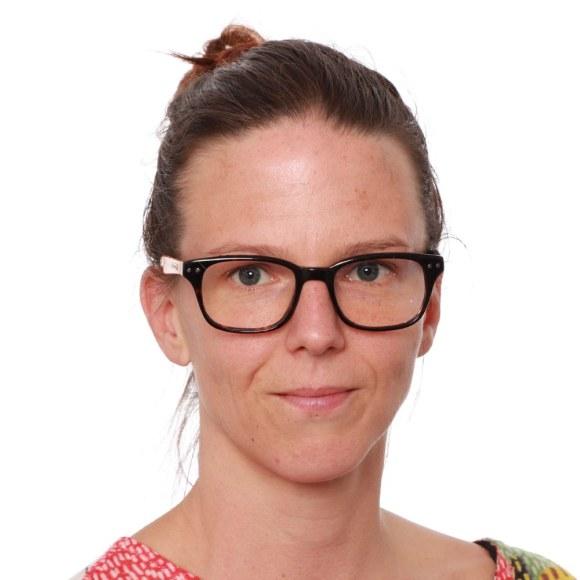 Mervi Kaukko
Mervi KaukkoAuthor: Marianna Urkko
